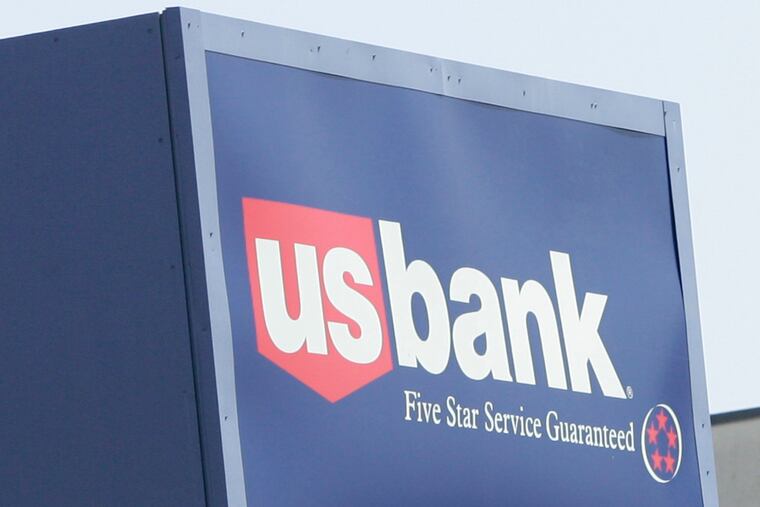It’s time to follow through on the promised crackdown on white-collar crime | Editorial
Corporate prosecutions plummeted during the Trump years. The Biden administration promised to increase investigations, but the number of cases continues to drop.

As one of the world’s largest auditing firms, London-based Ernst & Young makes money by keeping companies honest. Yet, the company charged with catching cheaters also cheats.
Ernst & Young recently agreed to pay a $100 million fine after federal regulators found scores of its auditors cheated on — of all things — ethics exams required to obtain and maintain professional licenses. Ernst & Young compounded the cheating scandal by misleading investigators, withholding evidence, and violating public accounting rules that form the foundation of the auditing profession.
More disturbing, this was not a one-off event. Ernst & Young’s cheating involved hundreds of employees between 2017 and 2021. Regulators said similar cheating on ethics exams also occurred in 2012 and 2015. The company has been ensnared in other scandals in recent years, including the implosion of firms it audited, an abusive tax shelter scheme, violating auditor independence rules, and sexual harassment claims.
The ethical rot at Ernst & Young is symptomatic of the white-collar corruption that runs through many companies that put profits above all else. The drive to boost stock prices and earn bonuses often trumps doing what is right. Cutting corners for short-term gains impacts quality, safety, and, in some cases, puts lives at risk.
Recent examples abound:
Uber allegedly broke laws and engaged in a number of ethically dubious practices including misleading regulators, government inspectors, and police as part of an aggressive global expansion over a five-year stretch, according to a trove of leaked documents. One executive joked they had become “pirates.”
McKinsey and Co., the prestigious consulting firm based in New York, played an outsized role in advising pharmaceutical companies on how to increase sales of addictive painkillers that sparked an opioid epidemic that has killed more than one million Americans since 1999, thousands of pages of documents reviewed by the New York Times show. At one point, McKinsey advised Purdue Pharma on how to “turbocharge” sales of OxyContin. One presentation showed the company boasted about its “in-depth experience in narcotics.”
US Bank agreed to pay $37.5 million in fines and penalties after it pressured employees to open fake accounts in their customers’ names in order to meet sales goals. The practice resembled a similar scheme orchestrated by Wells Fargo, which eventually cost that bank $3 billion to settle criminal and civil charges with the government.
Hyundai’s financing division agreed to pay a $19 million fine for widespread inaccurate and damaging credit reporting on more than 2.2 million accounts in which the company failed to fix the problem after it was identified.
See a pattern? Civil fines but no criminal prosecution of individuals.
Despite the routine wrongdoing, corporate prosecutions slumped to a record low during the Trump administration as it went soft on white-collar crime. The Biden administration promised to ramp up investigations, but so far the number of cases continues to drop.
» READ MORE: From a Jersey diner to the DOJ, Philly’s new U.S. attorney is unlike any the region has seen before
Part of the problem is that President Joe Biden has been slow to nominate U.S. attorneys in many major cities. Jacqueline C. Romero, Biden’s pick to be U.S. attorney in Philadelphia, was finally nominated in April and confirmed in June. At the same time, Republican senators in many red states have blocked U.S. attorney nominations in their states.
Many Americans remain angry over the failure to prosecute banks and Wall Street firms — or any individuals — for their role in the 2008 financial crisis. Wrist slaps for white-collar crimes undermine trust in institutions and send a message that there are different rules for the rich and entitled.
Fining companies is not a deterrent but rather a cost of doing business. White-collar crime will not stop until individuals and firms are held fully accountable.